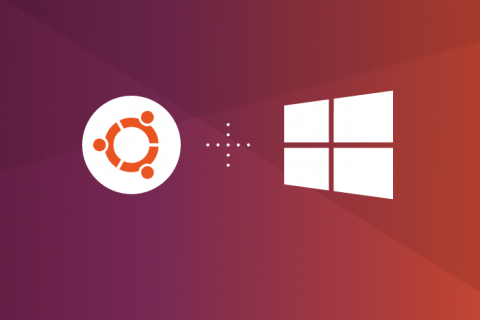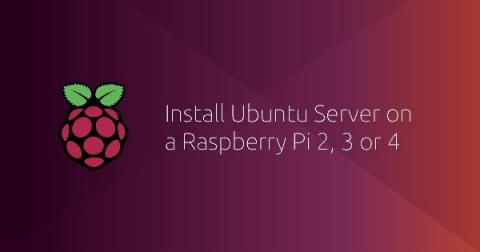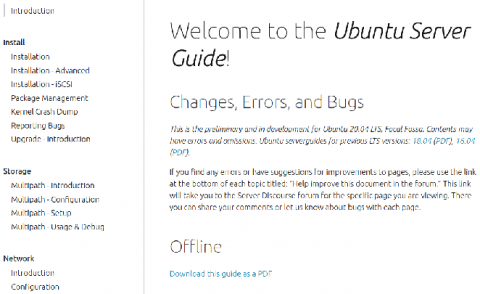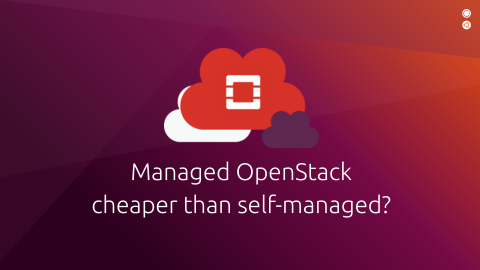New GPU and GUI features announced for WSL at Build
Microsoft Build, Microsoft’s annual developer conference, is taking place virtually May 19-20. Ubuntu will be featured throughout the event, in announcements of new WSL features, demos of cloud-native development on Microsoft Azure, and by presenters using Ubuntu desktop with native Microsoft applications like Teams, Code, and Edge. In an address by Microsoft CEO Satya Nadella the company announced new features coming to WSL 2.











